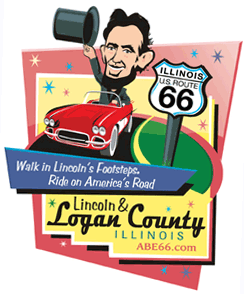| ||||||||||
| ||||||||||
The city's current police chief, Charlie Beck, agreed that King's beating served as a catalyst for reform. "What happened on that cool March night over two decades ago forever changed me and the organization I love," he said in a statement. "His legacy should not be the struggles and troubles of his personal life but the immensely positive change his existence wrought on this city and its police department." Attorney Harland Braun, who represented Theodore Briseno, one of the police officers charged with King's beating in a federal trial, said the incident might never have become so important if it hadn't been for the video shot by George Holliday, a neighborhood resident trying out his new video camera. "In those days, you might have claimed excessive force but there would have been no way to prove it," he said. "Now, you see case after case with videos. People watch their conduct because everyone has a cellphone and can take a video. But it was unusual then." King was found dead in his backyard pool early Sunday morning. Police found no alcohol or drug paraphernalia near the pool and said foul play wasn't suspected. An autopsy was expected to determine the cause of death within two days. The real tragedy of Rodney King was that he never got the help he needed, Cannon said. King clearly had neurological problems and addiction issues, and he had learning difficulties as a child which were never addressed. "He wasn't a bad person. He just didn't know how to behave," Cannon said.
[Associated
Press;
Copyright 2012 The Associated Press. All rights reserved. This material may not be published, broadcast, rewritten or redistributed.
News | Sports | Business | Rural Review | Teaching & Learning | Home and Family | Tourism | Obituaries
Community |
Perspectives
|
Law & Courts |
Leisure Time
|
Spiritual Life |
Health & Fitness |
Teen Scene
Calendar
|
Letters to the Editor